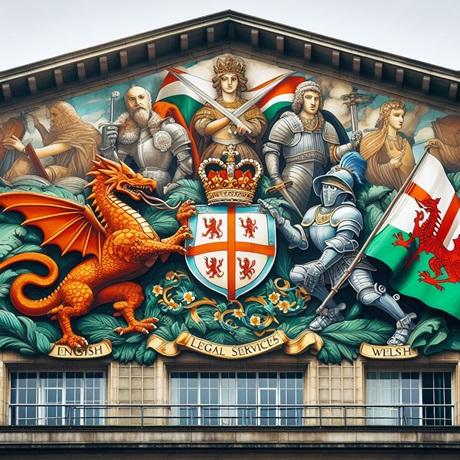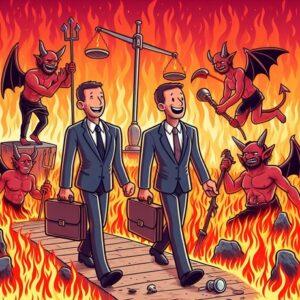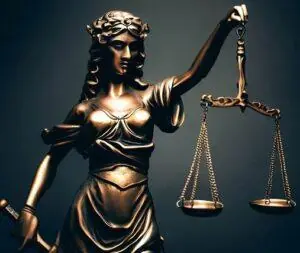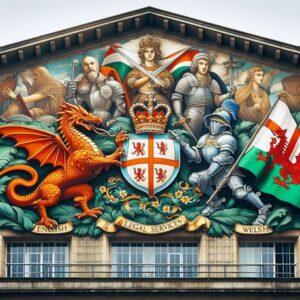The Legal Services Board (LSB) is an independent regulatory body that oversees the legal services sector in England and Wales. Its role is multifaceted, encompassing standards-setting, approval, regulation of legal services providers, and consumer guidance. Here are the key aspects of the LSB:
- Purpose and Oversight:
- The LSB was established under the Legal Services Act 2007.
- It ensures effective regulation, transparency, and fairness in legal services.
- The LSB directly regulates lawyers practicing in England and Wales through approved regulators.
- It oversees the Solicitors Disciplinary Tribunal and the Office for Legal Complaints (which administers the Legal Ombudsman scheme).
- The LSB also maintains the list of reserved legal activities.
- Reshaping Legal Services Strategy:
- The LSB’s strategy aims to reshape legal services to better meet society’s needs.
- It focuses on fair outcomes, confidence-building, and improved services.
- The Reshaping Legal Services Conference 2024 explored these themes.
- Ethics, Transparency, and Diversity:
- The LSB works on projects related to professional ethics, market transparency, and legal technology and innovation.
- It promotes a diverse legal services sector accessible to all.
History and Role of the Legal Services Board
The primary mission of the Legal Services Board is to ensure the effective regulation of legal services, promoting transparency, fairness, and consumer protection.
- Background and Reforms:
- The Legal Service Act 2007 aimed to modernize the legal sector by introducing independent oversight.
- It designated professional representative bodies (such as the Bar Council and the Law Society) as approved regulators.
- These regulators were required to delegate their regulatory functions to independent arms overseen by the LSB.
- Approved Regulators and Licensing Authorities:
- The LSB directly regulates lawyers practicing in England and Wales through approved regulators.
- Some of these regulators also serve as licensing authorities, granting licenses to alternative business structures (ABS) that provide reserved legal activities.
- Let’s explore the approved regulators and their areas of regulation:
- Solicitors:
- Approved Regulator (AR): Law Society (representative body)
- Independent Regulatory Body: Solicitors Regulation Authority (SRA)
- Reserved Legal Activities Regulated:
- Right of audience
- Conduct of litigation
- Reserved instrument activities
- Probate activities
- Administration of oaths
- Barristers:
- Approved Regulator (AR): Bar Council (representative body)
- Independent Regulatory Body: Bar Standards Board (BSB)
- Reserved Legal Activities Regulated (similar to solicitors)
- Chartered Legal Executives:
- Approved Regulator (AR): Chartered Institute of Legal Executives (CILEX) (representative body)
- Independent Regulatory Body: CILEx Regulation
- Reserved Legal Activities Regulated (similar to solicitors)
- Licensed Conveyancers:
- Approved Regulator (AR): Council for Licensed Conveyancers (CLC) (regulatory body, no representative functions)
- Reserved Legal Activities Regulated (specific to conveyancing)
- Patent Attorneys:
- Approved Regulator (AR): Chartered Institute of Patent Attorneys (CIPA) (representative body)
- Independent Regulatory Body: Intellectual Property Regulation Board
- Reserved Legal Activities Regulated (similar to solicitors)
- Trade Mark Attorneys:
- Approved Regulator (AR): Chartered Institute of Trade Mark Attorneys (CITMA) (representative body)
- Independent Regulatory Body: Intellectual Property Regulation Board
- Reserved Legal Activities Regulated (similar to solicitors)
- Oversight and Recommendations:
- The LSB supervises the entire regulatory framework.
- It oversees the Solicitors Disciplinary Tribunal and recommends amendments to the list of reserved legal activities.
- The LSB also ensures the Office for Legal Complaints (which administers the Legal Ombudsman scheme) operates effectively.
For more detailed information, visit the Legal Services Board website.
Check out our articles on What is the Law ?, Rule of Law, Open Justice and the highly questionable Sussex Family Justice Board.
Read the reviews of Junior Sussex Barrister Gavin Howe
“He is awful, underhanded and should not be practising law!”
and Legal 500 Junior Barrister Eleanor Battie
“She is a one-woman legal A Team”
Latest Articles
- Solicitors from HellSolicitors from Hell (www.solicitorsfromhell.co.uk) was a website that gained notoriety for allowing users to post negative reviews and complaints about… Read more: Solicitors from Hell
- Solicitors Regulation Authority (SRA)The Solicitors Regulation Authority (SRA) is the independent regulatory body responsible for overseeing and “policing” solicitors in England and Wales.… Read more: Solicitors Regulation Authority (SRA)
- What does Lady Justice Symbolise ?Lady Justice, often depicted as a graceful figure holding a sword, scales, and sometimes wearing a blindfold, is an iconic… Read more: What does Lady Justice Symbolise ?
- What is the Legal Services Board ?The Legal Services Board (LSB) is an independent regulatory body that oversees the legal services sector in England and Wales.… Read more: What is the Legal Services Board ?




